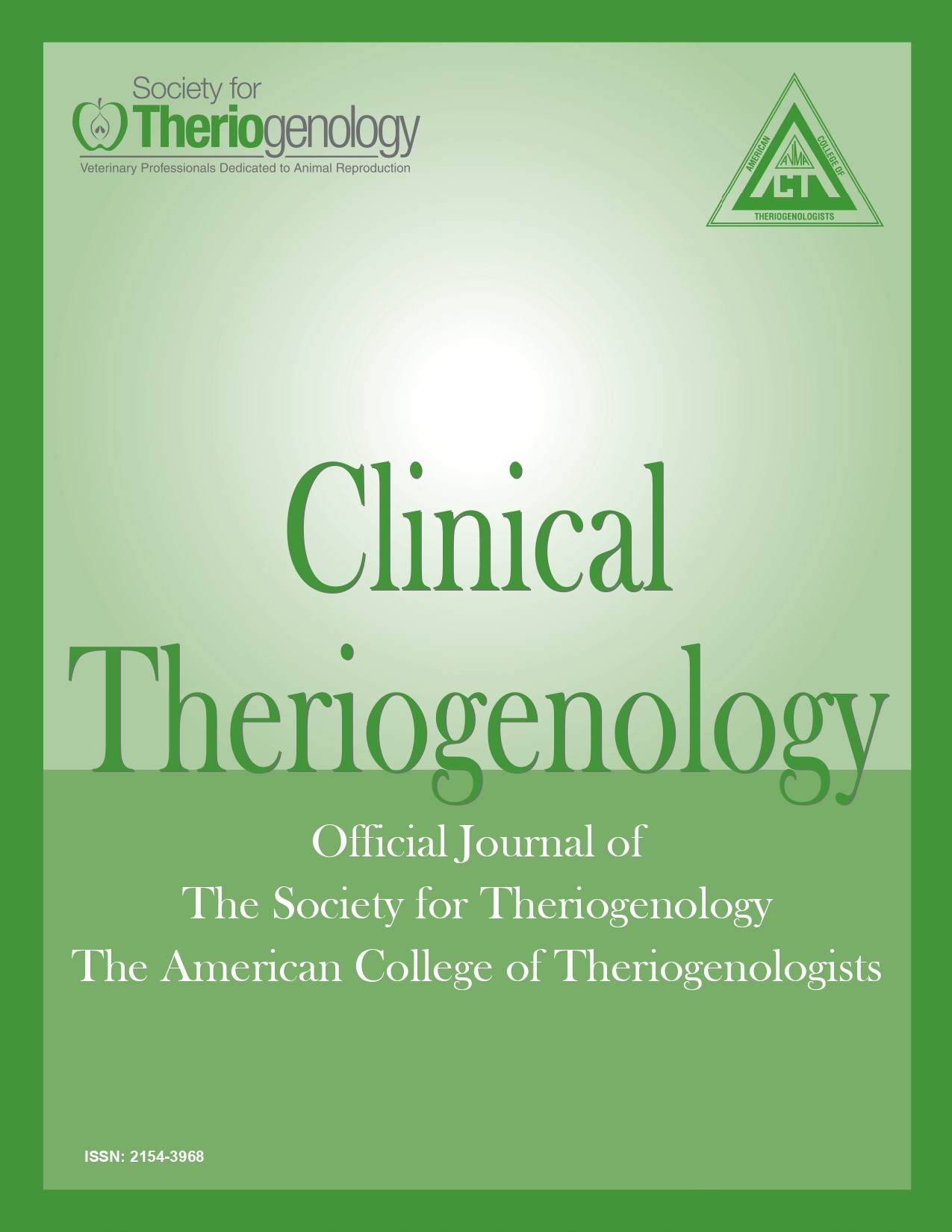Microsatellite-based characterization of Nigerian indigenous Dogs (Canis lupus familiaris) in Southwest Nigeria
Abstract
Microsatellite-based genetic diversity studies are important for breed identification, disease mapping, parentage analysis and forensic medicine. Genetic diversity studies of a vast number of exotic breeds of dogs have been conducted and documented. However, there is limited information on genetic variability in Nigerian Indigenous Dogs (NIDs). Objective was to identify genetic diversity of indigenous dogs in Southwest Nigeria. Thirty NIDs were used for genotyping. Polymerase Chain Reaction was carried out using 2 sets of microsatellite markers (H 2305 and FH 2361) previously used to examine genetic variability in dogs. Total analysis of molecular variance for both microsatellites showed 26% variability among populations, 4% among individuals and 70% within individuals. The mean number of different alleles (Na) was 2.90; number of effective alleles (Ne) 2.40; mean observed heterozygosity (Ho) 0.52; and expected heterozygosity (He) was 0.48. The Polymorphic Information Content (PIC) for locus FH 2305 and FH 2361 was 0.69 and 0.54, respectively. It was concluded that genetic variation existed in the NIDs in Southwest Nigeria, perhaps due to deletions, insertions or substitutions in their genomes.
Downloads

This work is licensed under a Creative Commons Attribution-NonCommercial 4.0 International License.
Authors retain copyright of their work, with first publication rights granted to Clinical Theriogenology. Read more about copyright and licensing here.







